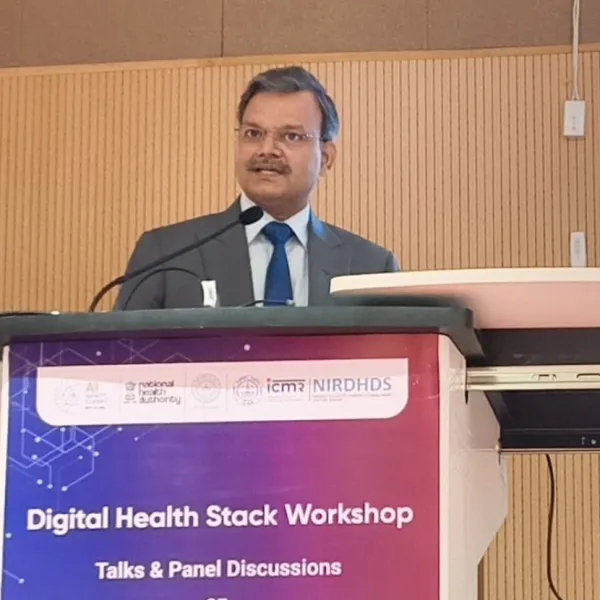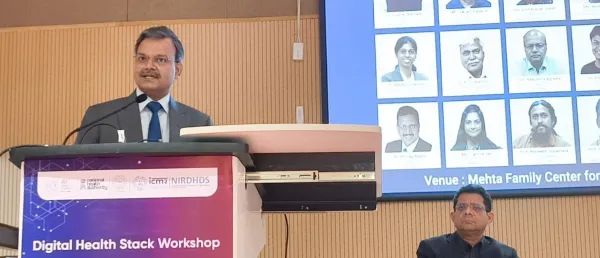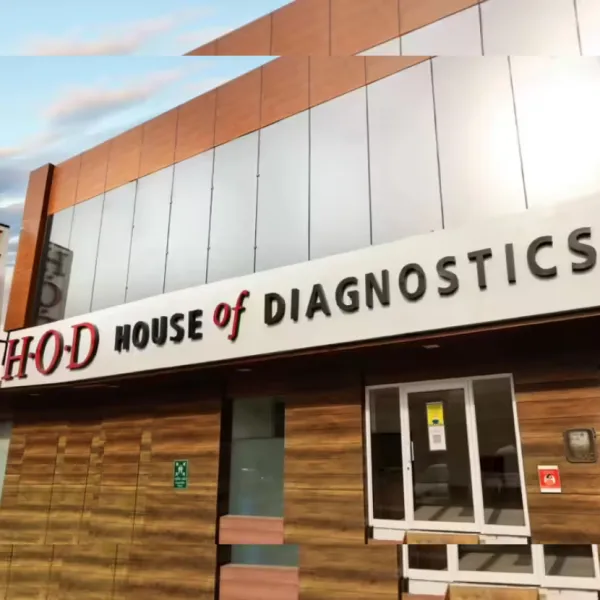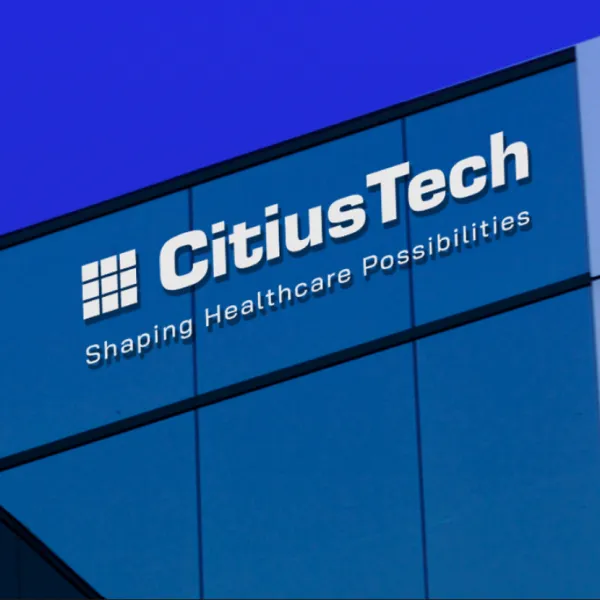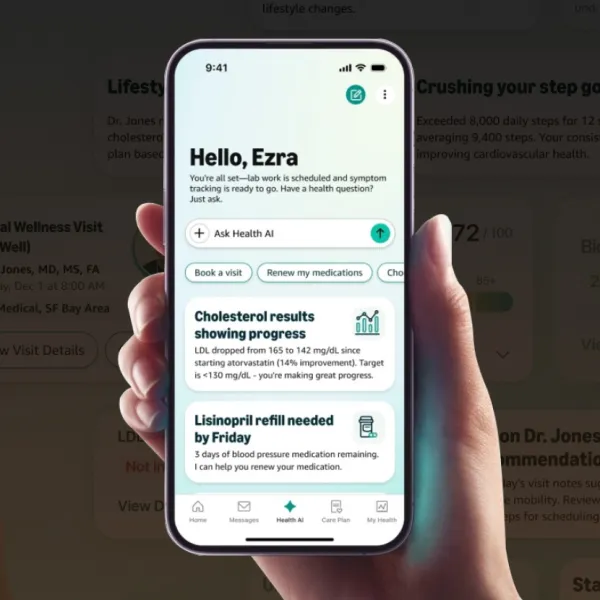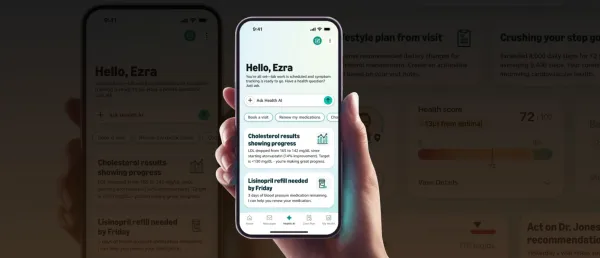Illumina, Tempus Strengthen Genomic AI Use in Clinical Care

The partnership aims to build a stronger evidence base for integrating AI-powered genomic insights into routine healthcare beyond oncology.
Illumina Inc. and Tempus AI, Inc. have announced a strategic collaboration to expand the clinical utility of next-generation sequencing (NGS) and molecular profiling through artificial intelligence.
The partnership aims to build a stronger evidence base for integrating AI-powered genomic insights into routine healthcare beyond oncology.
The effort combines Illumina’s AI technologies with Tempus’s multimodal data platform to develop genomic algorithms that support clinical decision-making and generate real-world evidence. These insights will inform evidence packages to support broader adoption of molecular testing in standard clinical practice.
“In the era of true precision medicine, every patient battling complex disease should be routed to the optimal therapy based on molecular insights,” said Everett Cunningham, chief commercial officer of Illumina. “We envision a world where the full range of molecular profiling is available as part of the standard of care—not just in cancer, but in cardiology, neurology, immunology, and every other disease category.”
Focus on Standardizing Molecular Profiling
Despite growing awareness, molecular profiling remains underutilized due to a lack of standardization across diseases and regions. The collaboration seeks to close this gap by leveraging Tempus’s data to enhance Illumina’s AI-driven analysis technologies and support the integration of comprehensive genomic profiling into clinical workflows.
“By expanding our collaboration with Illumina, we are combining our strengths in technology and data analytics with their strengths in developing new sequencing technologies to drive forward innovation and advance precision medicine,” said Terron Bruner, chief commercial officer of Tempus.
This latest effort builds on an existing partnership between the companies focused on developing tools for early screening, therapy selection, and bioinformatics. The current emphasis is on translating those technologies into clinical use by reinforcing the role of NGS in disease management across multiple specialties.
Stay tuned for more such updates on Digital Health News













